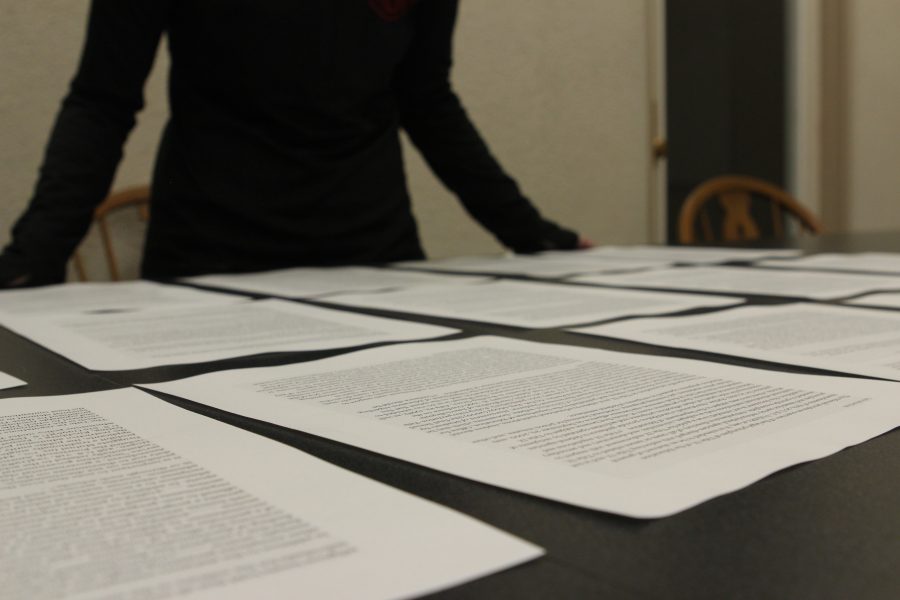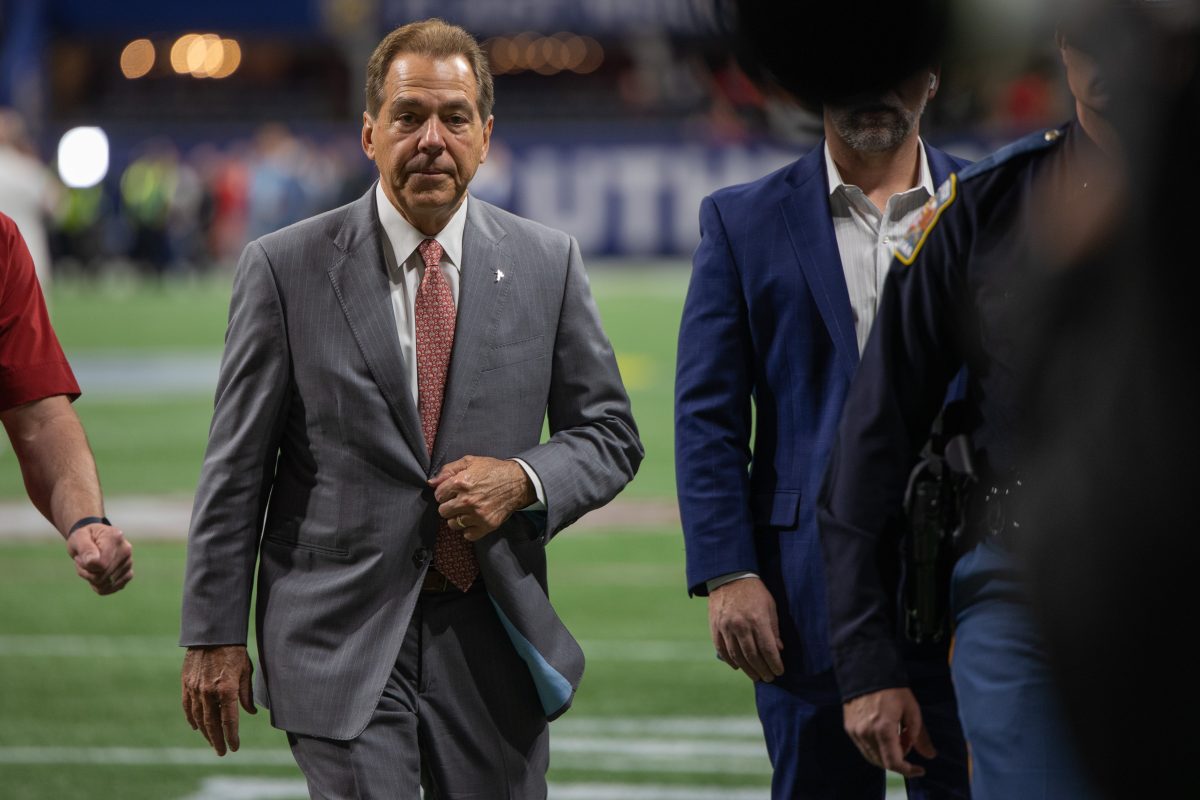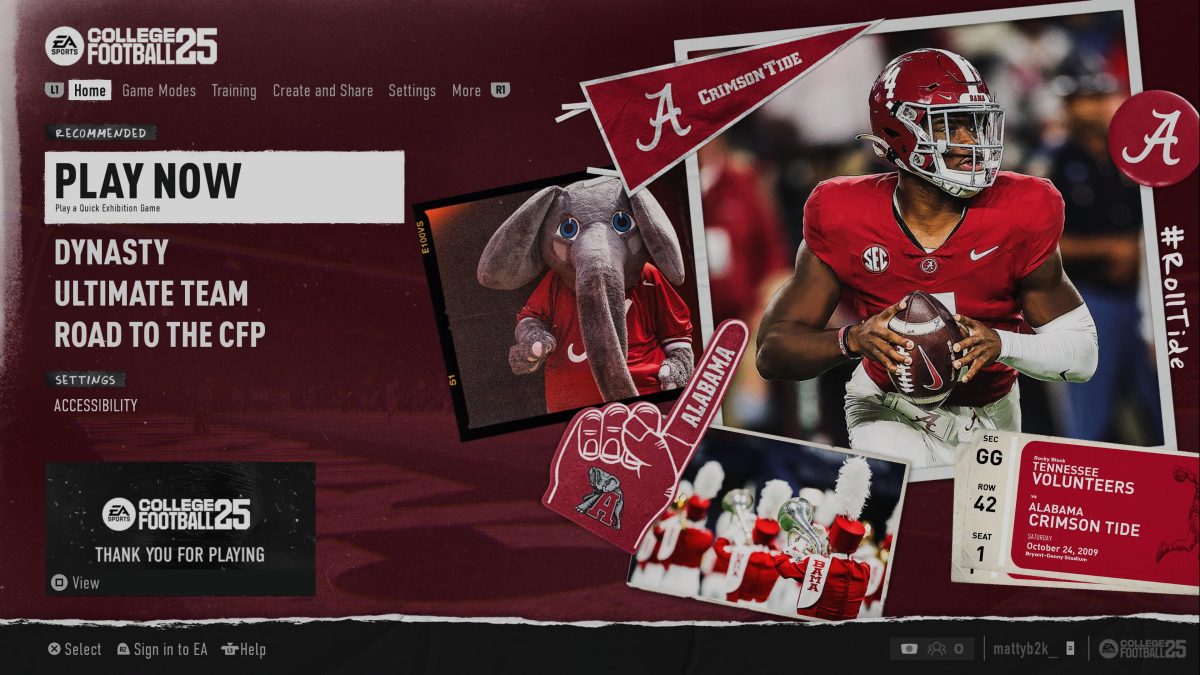The words “Title IX” have been floating in and out of the conversations about higher education since its inception in the Education Amendments of 1972. The amendment reads, “No person in the United States shall, on the basis of sex, be excluded from participation in, be denied the benefits of, or be subjected to discrimination under any education program or activity receiving Federal financial assistance.” Title IX was established to protect students from gendered discrimination, sexual assault and sexual harassment; the Title IX Office at UA was created to enforce this policy.
Beth Howard is the current UA Title IX coordinator. She is responsible for keeping the University’s sexual misconduct policy up to date and working with two investigators who work the cases reported through the Title IX office. Howard graduated from The University of Alabama in 2001 and wanted to come back to her alma mater to help the students here.
“This University means a lot to me,” Howard said. “So if there’s something that I can do in my life and in my job to make sure [UA] is a safer and better place to be, then that’s great.”
When Howard took the position following former coordinator Katie Nolan, the Title IX office kicked into high gear. Complaints once handled by the Office of Student Conduct or human resources transitioned into Title IX-specific responsibilities. The Title IX office now handles complaints of sexual harassment, gender discrimination and sexual assault.
“When I started, I was the only full-time Title IX coordinator in the state,” Howard said. “We were one of the first places to have a Title IX office in the [Southeastern] Conference that didn’t have any other duties at all.”
Along with the Title IX coordinator, the Title IX office at the University is supported by two investigators, Miranda Whitney and Lauren Alexander, who interview witnesses and compile evidence for cases submitted to Title IX.
As well as interviewing witnesses, Whitney and Alexander inform victims of resources and sometimes help escort them to the Women and Gender Resource Center. Serving in this role has proven rewarding for Alexander.
“Knowing that we get to help students, whether that be students who have a case with us or students that just need resources or have questions, and just knowing that we’re impacting students has been the most rewarding for me,” said Alexander, who graduated from The University of Alabama with a masters in Criminal Justice.
With investigators and a coordinator who are all equally eager to help students, the Title IX office is ready and equipped to engage in the reporting process. More than anything else, Howard and the investigators want victims to tell someone.
“If someone wants a criminal investigation, we want them to report to the police first because that’s the most important,” Howard said. “We encourage people to report quickly.”
The reporting process is not perfect, however. Legal matters are a slow burn, the Title IX office is required to resolve reported cases in 60 university business days and information can get muddled along the way.
“I was really confused as to how [Title IX] worked because when I signed the sheet, I thought they were going to contact me and they didn’t,” said Anderson, who reported her case through the University police. “From my understanding, I think something has been filed with Title IX, but I’ve never been to their offices.”
Anderson recounted her reporting experience at UAPD as a series of long, personal conversations and slips of paper to sign that released her contact information to groups including Title IX and the Tuscaloosa Police Department.
“Up until recently, I didn’t really know what Title IX was,” Anderson said. “I had heard about it but I guess just because of my ignorance to the subject of sexual assault, I really didn’t know what it meant. The police were my only option.”
Anderson said this lack of publicity for Title IX does not negate its principles.
“I think,at its core, Title IX is effective, but it can only be as effective as a college makes it. A university’s responsibility is to implement Title IX,” Anderson said. “It comes down to them because Title IX is just a national, federal law. It’s not an individual school law, but an individual school has to enforce it, and the issue is that schools aren’t enforcing it.”
For schools to be fully compliant under Title IX regulations, they must have a Title IX coordinator, publish a notice of nondiscrimination, adopt a clear grievance procedure for handling claims and under the Clery Act, they are required to inform victims of their reporting options.
But Howard said she believes that Title IX is making an impact on this campus.
“[Title IX] get[s] the word out and [tries] to let people know that there are resources here and we are here to help,” Howard said. “We want people to come talk to us, and I hope that has let students know that this is an issue we care about and we support them and want them to feel comfortable to tell us and know what their options are.”
As for the future of Title IX, Howard and her investigators are focusing their energy on prevention programming. They are currently further developing the UAct website, where students can find reporting channels for harassment and assaults and learn more about bystander intervention and consent at https://www.ua.edu/campuslife/uact/.
“It might take a little time,” Howard said about building UAct, “but we want to create something that’s a UA thing and that the students want to do and can relate to.”
With Title IX and UAct working toward establishing an easier and more effective way to report sexual misconduct, students have the opportunity to feel supported enough to speak up.
“The more we stay quiet, the more it’s just going to keep on going, so if I have to be a person to stand up and say, ‘This happened to me’ and face potential judgement and rejection from friends or even rejections from future relationships, then okay, and that’s just a sacrifice I have to make,” Anderson said. “If no one says anything, nothing’s going to change.”
Along with victims coming forward to talk about their experiences, Anderson believes Title IX is here to help and will make a difference, and she advises those who have suffered sexual assaults not to be afraid to speak up and reach out.
“Know that there are options and that Title IX exists,” Anderson said. “Students don’t know that it’s a thing and that it’s a powerful thing, and it’s something that at its core is designed to help you and protect your safety on campus.”
Sexual assault, misconduct and the culture surrounding crimes of that nature will not be solved overnight, but organizations like Title IX and people like Anderson are helping to keep the conversation alive.
“Once we as victims and even we as a culture stop creating this idea of blaming victims and shaming and guilting victims,” Anderson said, “it becomes so much easier to step up and report it and to step up and say that ‘Hey, you’re not alone.’ ”
If you or someone you know has experienced gender discrimination, sexual harassment or sexual assault, you can find reporting options and resources at http://titleix.ua.edu/report-violations.html. If reporting through the Title IX office, expect to be interviewed and witnesses to be contacted. Reporting an assault may be an intimidating experience, but the people at Title IX want to help.







